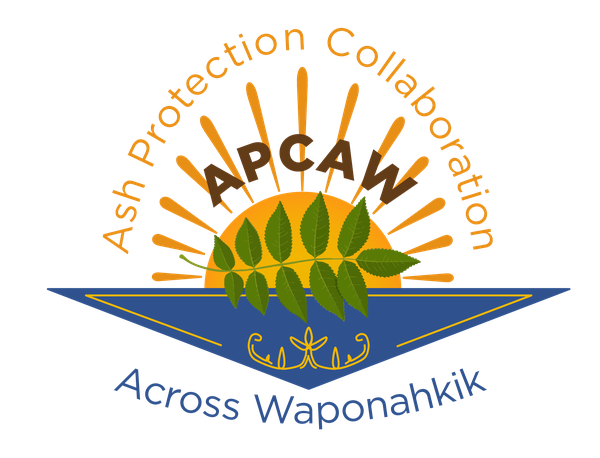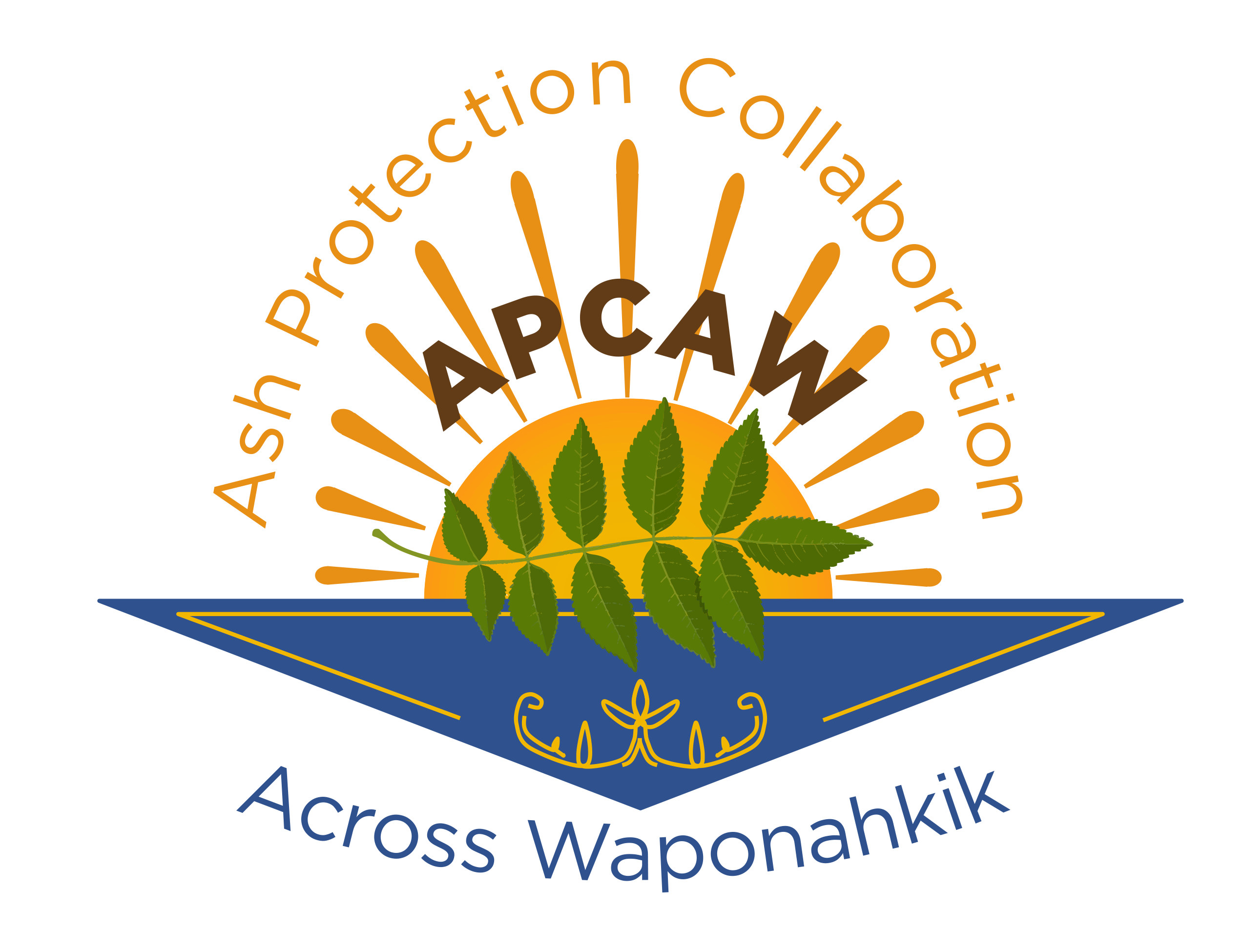Ash trees, and brown ash in particular, are critical to forest ecosystem health and to the cultural lifeways of Wabanaki people who have been stewarding this species for thousands of years. The impacts of climate change and the emerald ash borer have the potential to eliminate ash from our region if we don’t act quickly. Working together, we can preserve ash trees and the ecosystems and cultural traditions that rely on them by:
- spotting early signs and symptoms of emerald ash borer so that foresters and land managers can respond quickly;
- identifying seed trees to collect seed for future generations of ash;
- locating potential basket trees for Wabanaki basketmakers to continue practicing their tradition as healthy ash trees grow scarce;
- finding "lingering ash" or ash trees that are resistant to the emerald ash borer and remain healthy even after it moves through the area.
Your data collection will help the Maine Forest Service monitor emerald ash borer outbreaks. With permission from the data collectors, information about potential seed trees will be shared with volunteers who are ready to help with seed collection. Location data you collect about brown ash will not be shared publicly but will be shared privately with Tribal Nations to assess basket quality brown ash and share with Wabanaki basketmakers.
Everyone is needed in this effort. Under 10 percent of Maine's area is publicly managed land, so we need the help of landowners and community members from all over. We hope you will join us!
Learn More:
- For more information on ash protection and how to get involved, visit the Ash Protection Collaboration Across Waponahkik website.
- Educators: Find curriculum to support student learning through participation in this project on the Gulf of Maine Research Institute's Learning Resource Hub.








